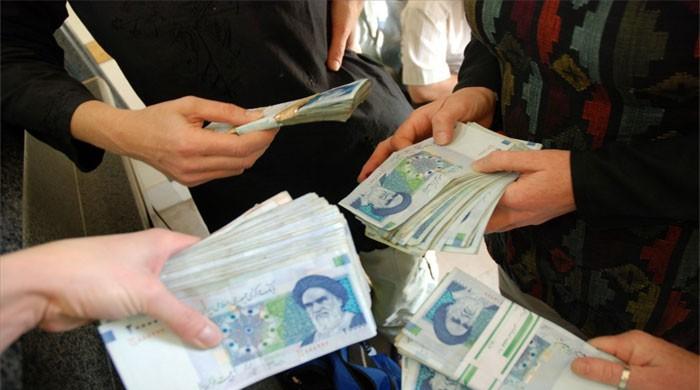Kourosh Ziabari – Fair Observer: On May 8, US President Donald Trump announced his decision to withdraw from the Iran nuclear deal. The Joint Comprehensive Plan of Action, also known as the Iran deal, is a multilateral agreement between Iran and the six world powers that was endorsed by the United Nations Security Council. The accord, which was agreed in 2015, caps Iran’s nuclear activities in return for the removal of economic sanctions. It also reconnects Iran to the world’s financial and banking system.
Trump’s de-certification of the deal was not unexpected. It was one of his campaign promises in 2016. He has pejoratively called the accord “Obama’s deal,” referring to his predecessor, Barack Obama, and has criticized the former president for negotiating with the world’s “state sponsor of terrorism.” Trump has said that the US will impose the highest level of economic sanctions against Iran, claiming that “this will make America much safer.”
President Trump has now left his counterpart, Iranian President Hassan Rouhani, with no option but to continue fighting with the hardliners at home. Although the average Iranian and the global public understand the innumerable benefits of such an agreement, Rouhani must embark on a new charm offensive — this time domestically — to sell the deal.
For Everyday Iranians
The nuclear agreement, after it came into effect on Implementation Day in 2016, removed a major barrier to the welfare of Iranians. Iran went from being an isolated country, disconnected from the outside world, to an acceptable member of the international community.
The country has since been able to engage in close trade and financial agreements with many European, Asian and African countries, as well as some US companies, without the hectic impediments it once faced. Iranian airliners have even started to buy new aircraft for their aging fleet from Airbus and Boeing. The aviation industry requires an overhaul in Iran, and without buying the hundreds of new airplanes the country desperately needs, tragic reports of air traffic accidents will likely continue.
Moreover, as the seventh largest oil exporter in the world, Iran was able to sell its crude to countries such as China, India, South Korea, Italy, Turkey, Switzerland and Greece unimpeded. As a result, Iran finally experienced a boom after years of stagnation under international sanctions.
The quality of living for everyday Iranians has improved. The jovial street rallies of Iranians after the nuclear deal was signed in 2015 indicated the depth of public satisfaction with the accord. Iranians could access the basic staples of living a modest life without complications: food, clothing, medicine, vehicles, educational opportunities and even the ability to travel abroad with more ease.
Iran’s tourism industry underwent a metamorphosis as well. The country, which contains 22 UNESCO World Heritage Sites, has received more tourists and international visitors who yearn to explore this mysterious, historical country.
However, with Trump’s radical decision to withdraw from the deal, ordinary Iranian citizens should expect many more challenges, at least until the next US presidential election in 2020. It’s reasonable to expect further currency devaluation, the continued inability of Iranian airlines to buy new aircraft, and probably a rise in unemployment.
Trump’s questionable decision to pull out from the JCPOA is also a blow to Europe. Carl Bildt, the former Swedish prime minister, has described the deal as “a massive attack on Europe” in an op-ed for The Washington Post.
By turning his back to the JCPOA, Trump has put Europe in an awkward position. The European signatories of the nuclear deal have made it clear that they will stand by Iran and stick to their commitments. However, to continue trading with Iran, they should be mindful of a whole load of new restrictions and potential penalties by the Trump administration.
Withdrawing from the nuclear deal has done nobody any favors. It has created a huge amount of unnecessary bureaucracy for Rouhani’s administration, brought a smile to the face of hardliners in Tehran, and made the prospects of Iran-US diplomatic relations even bleaker.
The latest chapter of Trump versus Iran will not end anytime soon, and the Iranian people will be at the receiving end.
This article was originally published on Fair Observer.

